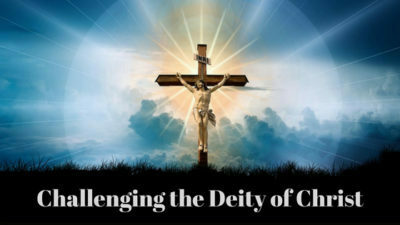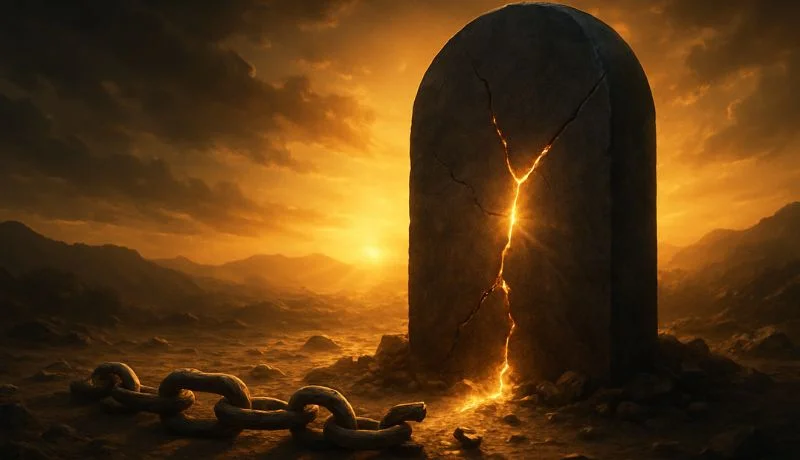Arguments Against the Deity of Christ
Belief in the deity of Jesus Christ is essential to salvation (Romans 10:9; John 8:24). Yet, this precious doctrine is attacked mercilessly not only in the west but even within the “Christian world.” In this article, I will be presenting the arguments and Scriptures used by these opponents against the deity of Christ. Jesus Christ … Read more



